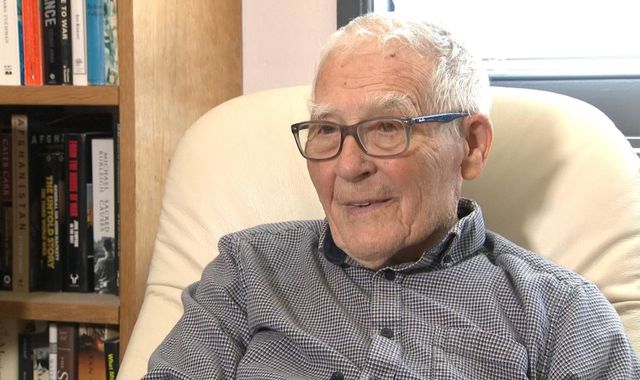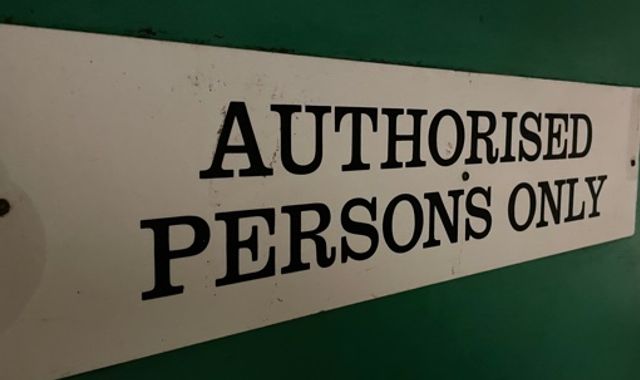James Lovelock: Climate action vital ‘if we’re going to survive’
Written by News on 29/07/2019
The human race could be wiped out unless a way is found to fix climate change, a leading scientist has told Sky News.


James Lovelock, who came up with the Gaia hypothesis, also said it’s not yet clear what will work.
The sun is now so hot, he added, that it’s become extremely difficult for the Earth to regulate itself.
Lovelock’s theory, formulated during the 1960s, postulates that the Earth has kept itself in balance from the start.
“In other words,” he explained, “if things grew too hot on the Earth, systems would evolve that cooled it”.
But the addition of fossil fuels to the atmosphere has disrupted the earth’s natural rhythms, he said.
Lovelock, who celebrated his 100th birthday on Friday, said the sun had become about 30% warmer since life on Earth began.
He said that if the actual temperature had risen that much “we wouldn’t be here to talk about it”.
Lovelock explained: “The earth has regulated itself by controlling the amount of carbon dioxide and methane and other greenhouse gases in the air, purely biologically and kept a constancy.”
But our use of energy had made a difference, he said: “We’ve reached a point now where the sun is so hot that it’s very difficult for the whole system to do it, and when we start interfering and adding fossil fuels to the air, it becomes doubly hard to keep the Earth right.
“But we’ve got to do it if we’re going to survive.”
Asked how climate change might be tackled, he said: “I think we don’t know yet. We have to learn a lot more about the Earth and about the system we live in before we can be sure of offsetting the bad effects of global warming.”
What is particularly required, he said, is “long records showing the change over time”.
“We don’t have what was happening in the ocean 10 years ago,” he said. “I think it’s quite deplorable that we know more about the surface of Mars than we do about the bottom of our own sea.”
His own choice for future energy needs is nuclear power. “I think it’s had a very bad press,” he said.
“It’s nowhere near as dangerous as it’s made out to be. When you look at the figures it’s the safest fuel you can have by a long, long measure.”
He also said that “several hundred square miles of Sahara with nothing but solar panels could provide power for the whole of Europe”.
Asked about artificial intelligence, Lovelock said robots could start designing their own replacements.
He explained: “Things evolve, and there is potential in artificial intelligence to start evolving itself.
‘Most of the parts inside a telephone you carry in your pocket – they’re not man-made, they’re made by machines themselves, and it won’t be long before they start to plan them according to their own design, not according to ours, and then evolution sets in and it’s a different world altogether.’
A couple of days before Lovelock’s 100th birthday, the UK had a new prime minister, and Lovelock welcomed him.
He said: “Well strangely, I was on a programme with him, long ago, and I got on quite well with Boris.
“As far as I’m concerned, yes, give him a whirl. See what happens.”
(c) Sky News 2019: James Lovelock: Climate action vital ‘if we’re going to survive’






